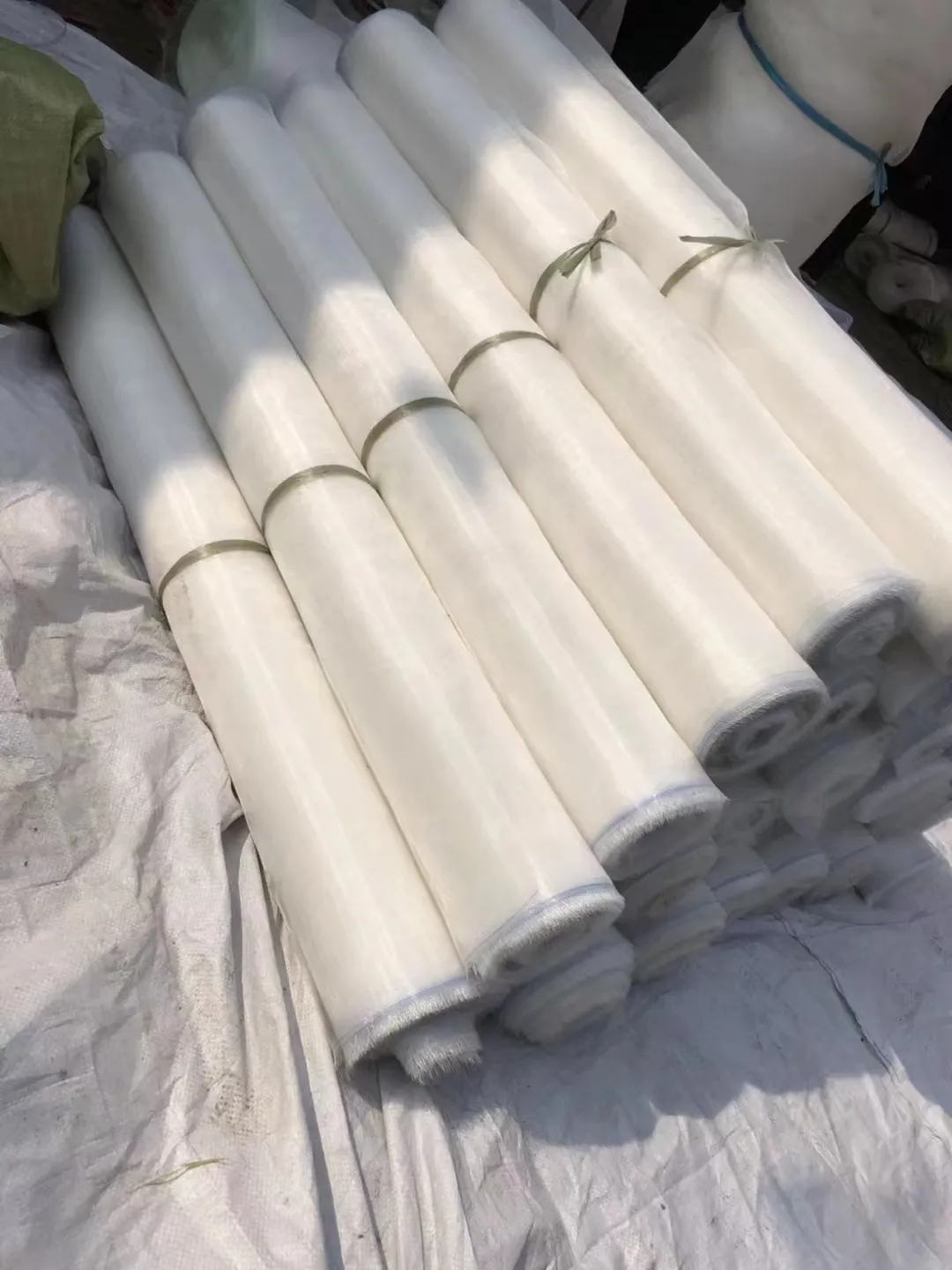-
 Afrikaans
Afrikaans -
 Albanian
Albanian -
 Amharic
Amharic -
 Arabic
Arabic -
 Armenian
Armenian -
 Azerbaijani
Azerbaijani -
 Basque
Basque -
 Belarusian
Belarusian -
 Bengali
Bengali -
 Bosnian
Bosnian -
 Bulgarian
Bulgarian -
 Catalan
Catalan -
 Cebuano
Cebuano -
 China
China -
 Corsican
Corsican -
 Croatian
Croatian -
 Czech
Czech -
 Danish
Danish -
 Dutch
Dutch -
 English
English -
 Esperanto
Esperanto -
 Estonian
Estonian -
 Finnish
Finnish -
 French
French -
 Frisian
Frisian -
 Galician
Galician -
 Georgian
Georgian -
 German
German -
 Greek
Greek -
 Gujarati
Gujarati -
 Haitian Creole
Haitian Creole -
 hausa
hausa -
 hawaiian
hawaiian -
 Hebrew
Hebrew -
 Hindi
Hindi -
 Miao
Miao -
 Hungarian
Hungarian -
 Icelandic
Icelandic -
 igbo
igbo -
 Indonesian
Indonesian -
 irish
irish -
 Italian
Italian -
 Japanese
Japanese -
 Javanese
Javanese -
 Kannada
Kannada -
 kazakh
kazakh -
 Khmer
Khmer -
 Rwandese
Rwandese -
 Korean
Korean -
 Kurdish
Kurdish -
 Kyrgyz
Kyrgyz -
 Lao
Lao -
 Latin
Latin -
 Latvian
Latvian -
 Lithuanian
Lithuanian -
 Luxembourgish
Luxembourgish -
 Macedonian
Macedonian -
 Malgashi
Malgashi -
 Malay
Malay -
 Malayalam
Malayalam -
 Maltese
Maltese -
 Maori
Maori -
 Marathi
Marathi -
 Mongolian
Mongolian -
 Myanmar
Myanmar -
 Nepali
Nepali -
 Norwegian
Norwegian -
 Norwegian
Norwegian -
 Occitan
Occitan -
 Pashto
Pashto -
 Persian
Persian -
 Polish
Polish -
 Portuguese
Portuguese -
 Punjabi
Punjabi -
 Romanian
Romanian -
 Russian
Russian -
 Samoan
Samoan -
 Scottish Gaelic
Scottish Gaelic -
 Serbian
Serbian -
 Sesotho
Sesotho -
 Shona
Shona -
 Sindhi
Sindhi -
 Sinhala
Sinhala -
 Slovak
Slovak -
 Slovenian
Slovenian -
 Somali
Somali -
 Spanish
Spanish -
 Sundanese
Sundanese -
 Swahili
Swahili -
 Swedish
Swedish -
 Tagalog
Tagalog -
 Tajik
Tajik -
 Tamil
Tamil -
 Tatar
Tatar -
 Telugu
Telugu -
 Thai
Thai -
 Turkish
Turkish -
 Turkmen
Turkmen -
 Ukrainian
Ukrainian -
 Urdu
Urdu -
 Uighur
Uighur -
 Uzbek
Uzbek -
 Vietnamese
Vietnamese -
 Welsh
Welsh -
 Bantu
Bantu -
 Yiddish
Yiddish -
 Yoruba
Yoruba -
 Zulu
Zulu
agricultural insect net
The Importance of Agricultural Insect Nets in Modern Farming
In recent years, the agricultural sector has faced numerous challenges, primarily driven by the increasing population and the changing climate. As farmers strive to enhance their yields and maintain sustainable practices, innovative solutions have become essential. One such solution is the use of agricultural insect nets, a crucial tool in the fight against pests and diseases.
Agricultural insect nets, often made from durable and breathable materials, serve as physical barriers that protect crops from various insect pests. These nets are designed with fine mesh openings that allow sunlight and rain to pass through while preventing insects from accessing the plants. This not only helps in safeguarding the crops but also contributes to a healthier and more sustainable farming environment.
One of the most significant benefits of using insect nets is their ability to reduce the reliance on chemical pesticides. Insecticides can be harmful not only to insects but also to pollinators, beneficial organisms, and the broader ecosystem. By implementing insect nets, farmers can significantly decrease the amount of chemicals needed to protect their crops, which in turn minimizes the negative impact on the environment and human health. This aligns with the growing global trend towards organic farming and sustainable agricultural practices.
agricultural insect net

Moreover, insect nets can protect crops from various diseases that are often transmitted by insects. For instance, many viral and bacterial infections in plants are spread by pests like aphids, whiteflies, and thrips. By preventing these insects from gaining access to crops, farmers can significantly reduce the incidence of plant diseases, leading to healthier plants and increased productivity. This becomes especially important in regions where disease pressure is high.
In addition to pest control, agricultural insect nets can also enhance the growth conditions for plants. The nets create a microclimate that can benefit the crops by offering some protection from extreme weather conditions, including heavy rains and strong winds. They also help to regulate temperature and humidity levels, which can be particularly advantageous during critical growth phases. As a result, crops can mature more uniformly and achieve higher quality yields.
The adoption of agricultural insect nets varies across different regions and types of crops. In many developing countries, where smallholder farmers significantly contribute to food production, the initial investment in insect nets can be a barrier. However, numerous organizations and governments are working to provide educational resources and financial assistance to help farmers incorporate these nets into their farming systems. In the long run, the cost savings from reduced pesticide use and improved crop yields can far outweigh the initial investments.
In conclusion, agricultural insect nets represent a valuable tool in the modern farmer's toolkit. By offering an effective means of controlling pests and diseases while promoting environmentally friendly practices, these nets can play a vital role in ensuring food security and enhancing sustainable agriculture. As the global demand for food continues to rise, the implementation of innovative solutions like insect nets will be critical in meeting the challenge of sustainable farming for the future.
-
Stainless Steel Mesh SolutionsNewsMay.06,2025
-
Protecting Your Farm with Smart SolutionsNewsMay.06,2025
-
Practical Mesh Solutions for Your Home and GardenNewsMay.06,2025
-
Nylon Mesh SolutionsNewsMay.06,2025
-
Fish Breeding Nets for AquariumsNewsMay.06,2025
-
Essential Mesh Solutions for ConstructionNewsMay.06,2025











